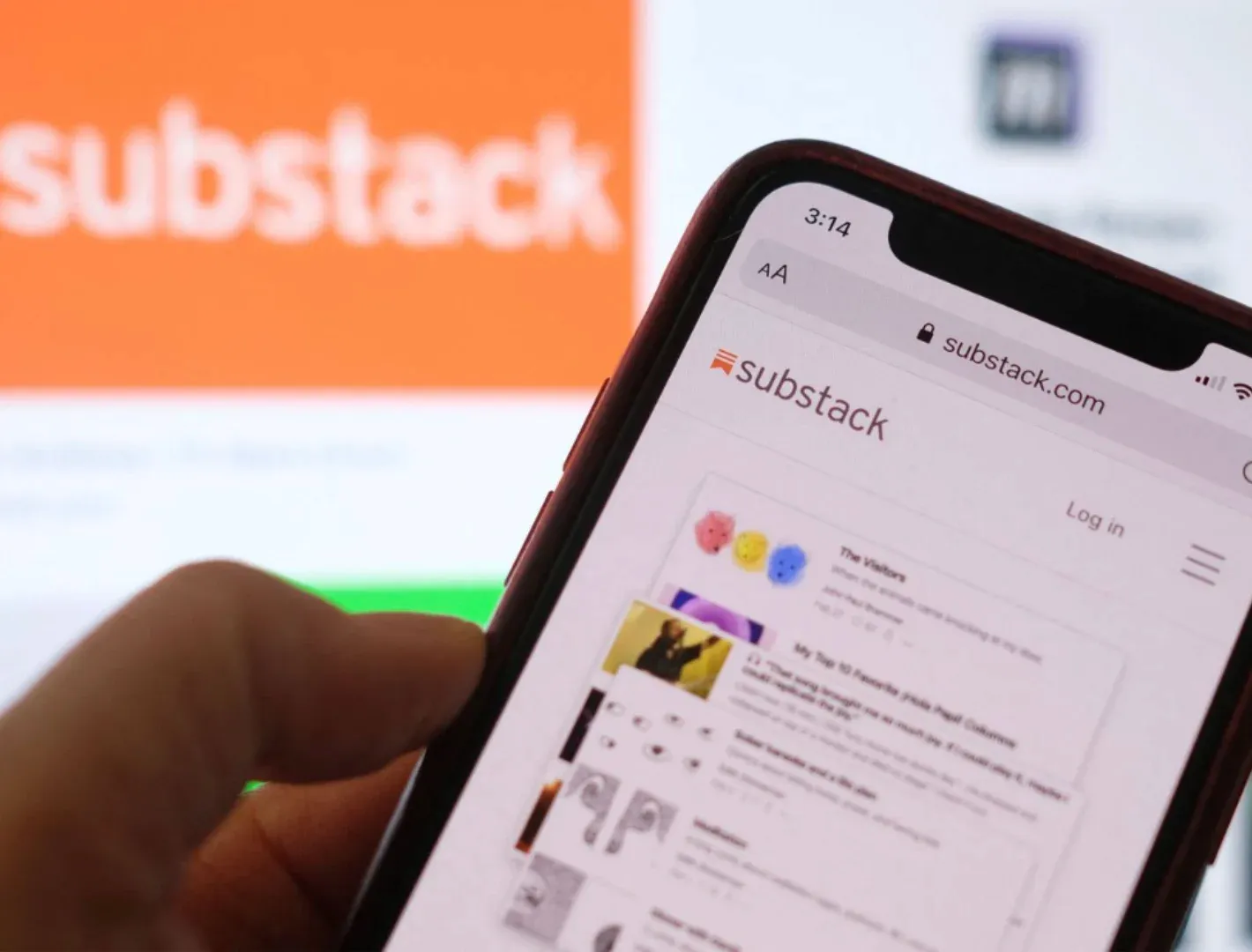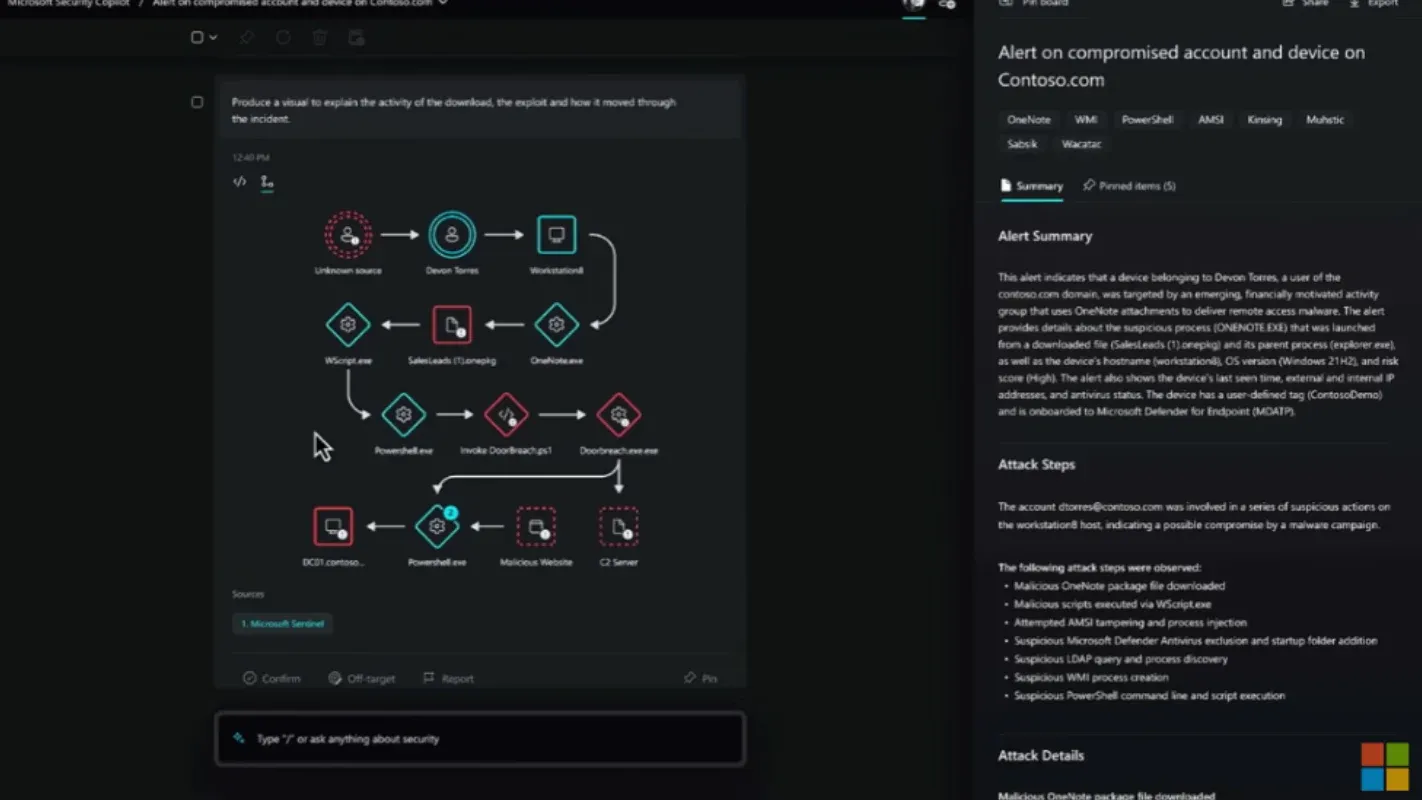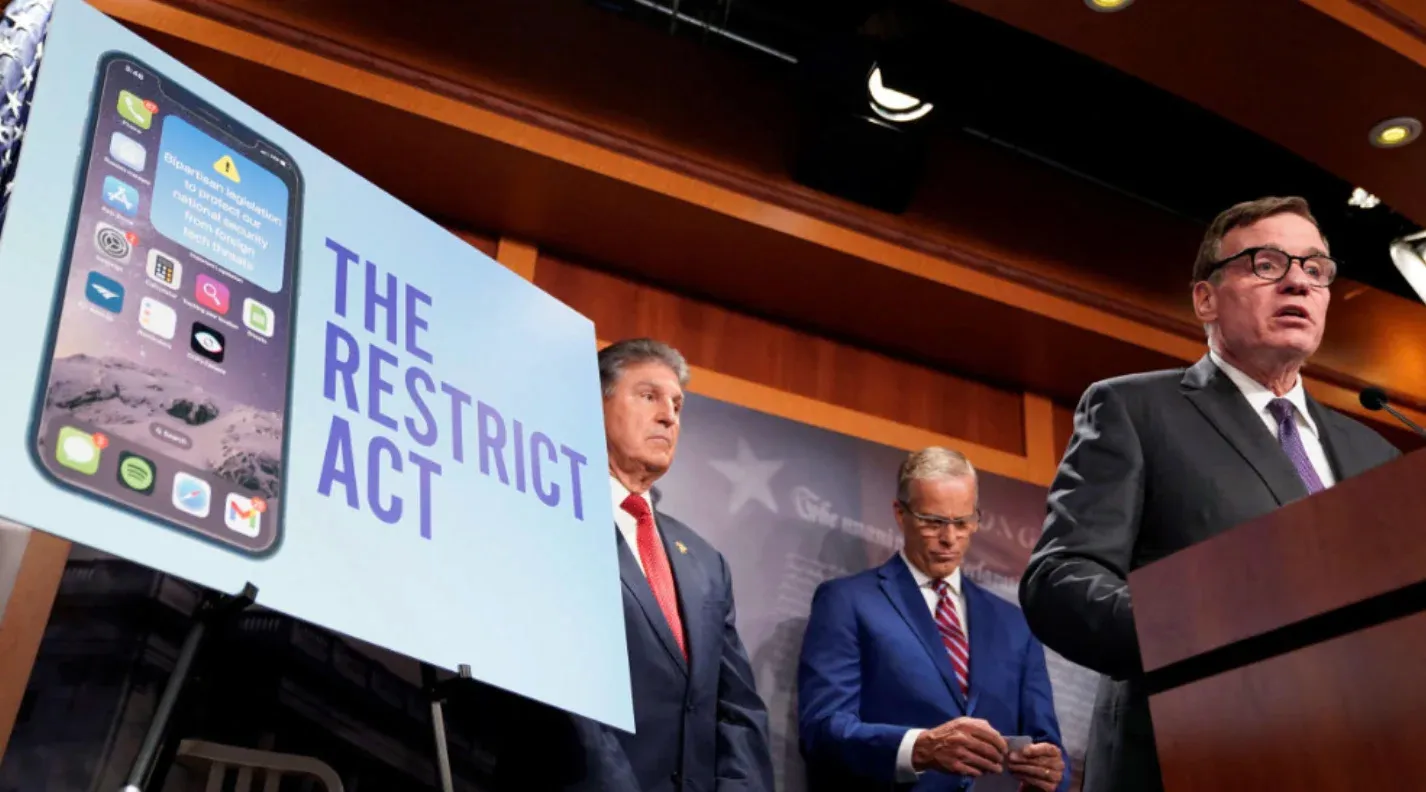
Dear Studio Fam,
This is a week of contrasts in tech news. We start off with an unusual fundraising maneuver by one of the leading platforms for independent journalism that raises important questions about investing ethics. Then we take a look at the newest AI developments in the face of an explicit call to pause AI development. Finally we review the latest legislative proposal to ban TikTok which is starting to look more like an extension of domestic surveillance than an effort to protect Americans from adversaries doing the same to US citizens.
Substack is crowdfunding at a $650 million valuation

Startups using crowdfunding to raise capital is a relatively recent trend, with the first platforms dedicated to startup crowdfunding emerging in the early 2010s. In 2012, the JOBS Act was signed into law, which enabled startups to use crowdfunding to offer securities to non-accredited investors. This opened up a new avenue for startups to raise capital from a wider pool of investors. Since then, crowdfunding has become an increasingly popular way for startups to raise funds but usually in the earliest stages. That’s why news of Substack’s crowdfunding campaign based on a $650 million valuation is so unusual.
Substack, the popular subscription platform for independent journalists such as Twitter Files publisher Matt Taibi, has recently announced a crowdfunding extension of its current venture round. While this is probably done for publicity and not out of necessity, the terms of the investment beg consideration of basic investment ethics. Investing in a growth startup, even a startup as popular as Substack, is incredibly risky.
Accredited Investor rules restrict the highest risk deals to those who can definitely afford to lose. But even if only accredited investors were to participate in the crowdfunding round, they would have little idea about what they are investing in because the crowdfunding offer does not include a financial statement. This means that investors have no idea what metrics are being used to calculate the company's valuation, making it difficult to make an informed investment decision.
Studio Byte Of The Week
Amidst the continued AI hype train comes a message of another sort: slow down! The Future of Life Institute, a European non-profit registered to lobby the EU that is funded mostly by Elon Musk, has issued an open letter calling for a six month pause of AI development so that the industry may “pause to jointly develop and implement a set of shared safety protocols.” OpenAI has yet to comment.
Microsoft Launches Cybersecurity AI Copilot

While some are calling for increased regulation of AI for safety reasons, AI incumbents are releasing AI features that actually keep you safe. This week Microsoft announced yet another integration of GPT into its product suite, this time by putting a GPT-powered copilot within its suite of Security Suite of tools.
The Microsoft Security Copilot demo shows a chat prompt that will be familiar to anyone who has used ChatGPT, except its connected to the user’s Security Suite and has real time access to cyber security incident information. The tool is designed to assist a network security administrator in crafting responses to incidents in progress as well as assist network managers in ensuring that incident response plans meet compliance and best practice standards.
Similar to have programming copilots have been able to analyze, create and edit source code, the Security Copilot analyzes incident report details to recommend responses based on affected infrastructure, web services, software libraries, and relevant SLAs for downtime and incident response. Perhaps most critically, it can call out potential mistakes or oversights in incident response plans and update support tickets accordingly.
Small Bytes: ChatGPI Plugins Store
After giving lead investor Microsoft first dibs on integrating GPT technology into its products, OpenAI launched its Plugins Store (be sure to join the waitlist!). Here’s a rundown of of some early examples:
- Expedia: While a fairly basic demo, it’s like talking to a travel agent who knows everything.
- Zapier: A plugin for your plugins! Create automated workflows within ChatGPT.
- Instacart: Use ChatGPT to find a recipe and order from Instacart any missing ingredients
- Kayak: Similar to Expedia, use ChatGPT to suggest itineraries or find travel information
These early previews don’t seem to offer more than a conversational interface to information readily available through traditional channels. We’re looking forward to seeing product innovations powered by Plugins, like how CoPilot in Microsoft PowerPoint can transform written content to a visual presentation.
New Anti-TikTok Bill Might Be More Like A New Patriot Act

In the aftermath of 9/11, the United States passed the Patriot Act, a sweeping overhaul of the nation’s security laws that was marketed as the means to keeping America safe. In addition to the creation of the Department of Homeland Security, the Patriot Act provided the framework for constantly spying on every American’s communications without a warrant. Similar vibes are now apparent amidst the ongoing conversation to ban TikTok on national security grounds with the introduction in the Senate of the RESTRICT Act.
The RESTRICT Act argues that Chinese-owned social media apps, such as TikTok, pose a threat to national security and are collecting data on American citizens. The Act aims to address these concerns by banning apps controlled by “foreign adversaries”, but it also raises concerns about the potential abuse of power by the government for its creation of new powers.
While the common foes are all listed by name (North Korea, China, Venezuela, Russia), the Act empowered the Secretary of Commerce (appointed by the President) to add any country or organization to the list at any time for any reason and, in doing so, bans Americans everywhere from using apps or websites based in those countries. Even if one agrees that TikTok poses a threat to the United States and should be banned or divested to a US owner, it should be considered how these new powers will be leveraged by future administrations who might have very different ideas about who is an adversary.

